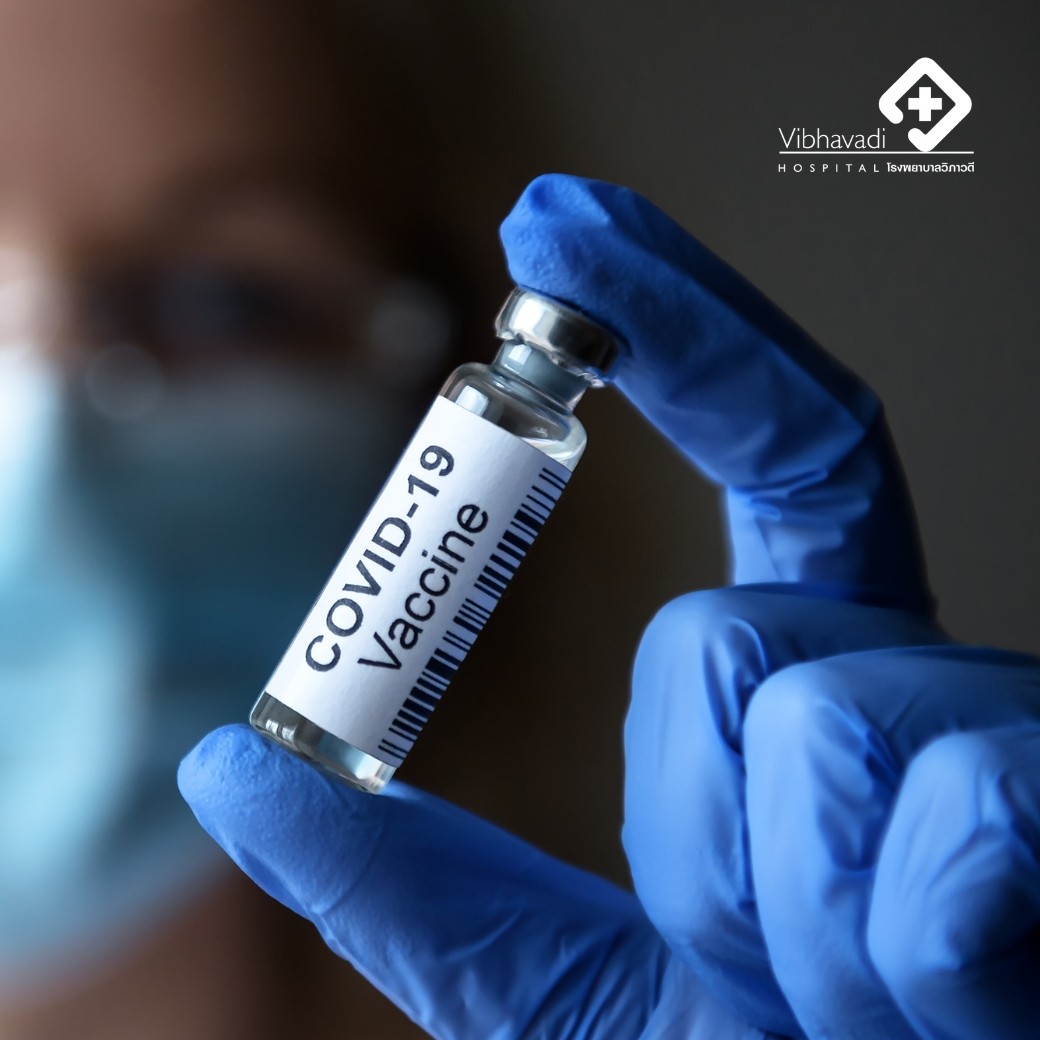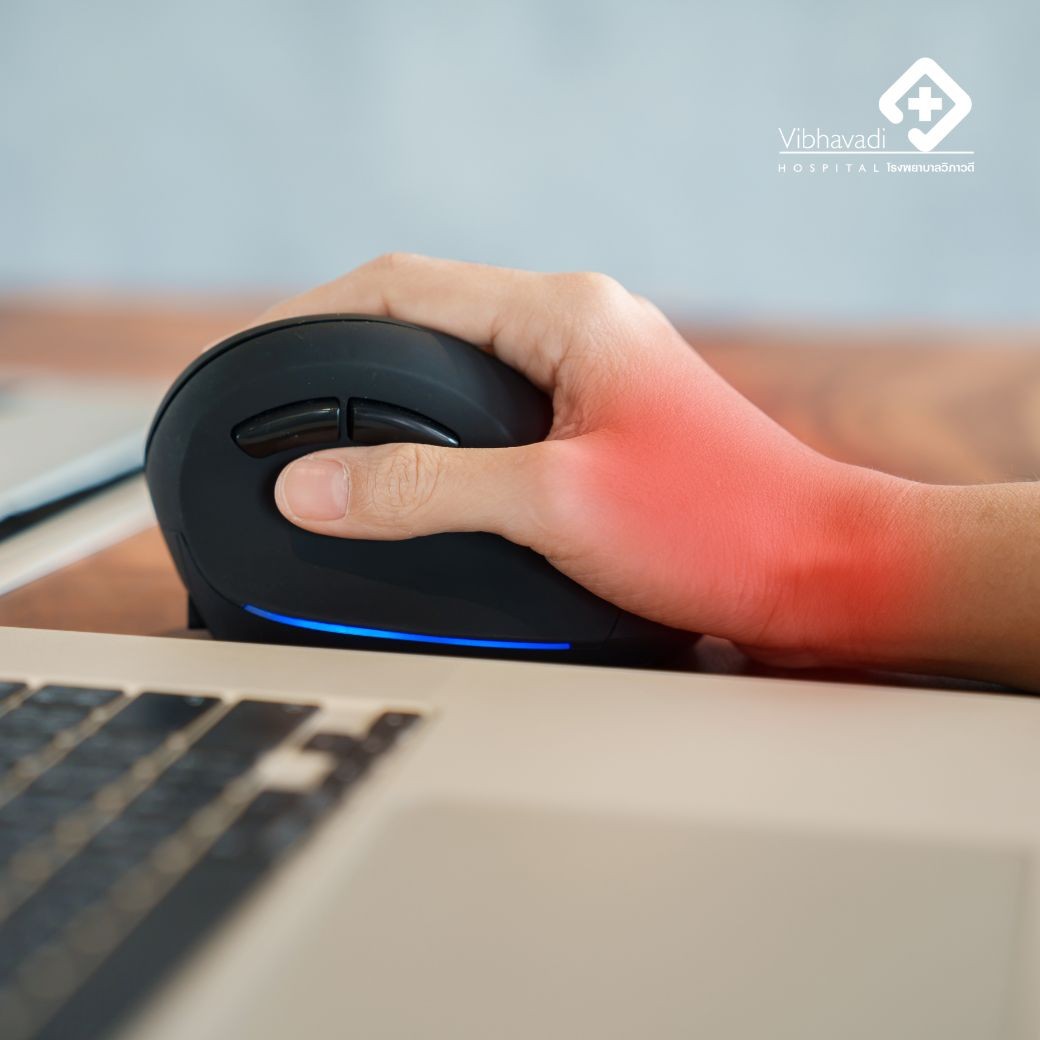Health Information

What is Sleep test
Discover advanced sleep test services at Vibhavadi Hospital. Diagnose sleep apnea, insomnia, and other sleep disorders in our state-of-the-art sleep lab with personalized care from leading sleep specialists.
Antioxidants
Antioxidants
Get to know heart cancer (Cardiac cancer)
Get to know heart cancer (Cardiac cancer)
Getting vaccinated against COVID-19 is more beneficial than not getting vaccinated.
Getting vaccinated against COVID-19 is more beneficial than not getting vaccinated.
DNA Testing: An Innovation for Personalized Health Care
DNA Testing: An Innovation for Personalized Health Care
Tightness in the Chest: Heart Attack or Acid Reflux?
Tightness in the Chest: Heart Attack or Acid Reflux?
Karoshi Syndrome
Karoshi Syndrome
How Is Influenza in the Elderly Different from Influenza in the General Population?
How Is Influenza in the Elderly Different from Influenza in the General Population?
Enterovirus Diseases: Hand, Foot, and Mouth Disease (HFMD) / Herpangina
Enterovirus Diseases: Hand, Foot, and Mouth Disease (HFMD) / Herpangina
Flood danger Communicable diseases and health that you should be careful of
Flood danger Communicable diseases and health that you should be careful of
Monkeypox
Monkeypox
Why Can't I Lose Weight? What Should I Check?
Why Can't I Lose Weight? What Should I Check?
Why Do Women Frequently Experience Iron Deficiency?
Why Do Women Frequently Experience Iron Deficiency?
RSV in Adults: A Hidden and Dangerous Threat
RSV in Adults: A Hidden and Dangerous Threat
De Quervain's Tenosynovitis: A Common Condition Among Heavy Wrist Users
De Quervain's Tenosynovitis: A Common Condition Among Heavy Wrist Users


